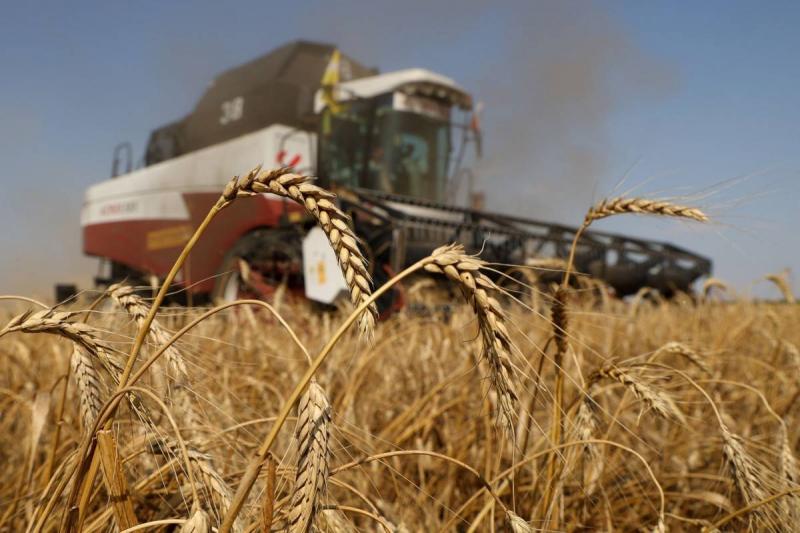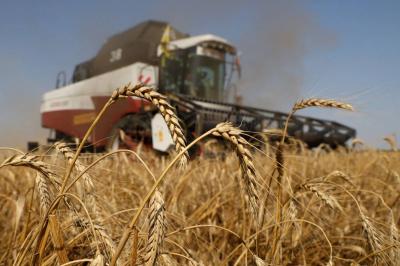Morocco has adjusted its wheat import support program to equalize support among all sources of imports, a move that traders say may favor some imports from Russia, one of the world's leading wheat exporters. The National Office for Cereals and Legumes, the governmental agency in charge of grains, stated in a memorandum published on its website that "the support effective from August 1 will be based on the lowest prices for wheat coming from Germany, Argentina, France, and the United States." The document did not mention Russian and Ukrainian imports, which previously received a lower support rate compared to wheat from other countries. Traders noted that "this means that wheat coming from Black Sea countries will now receive the same support as wheat from other regions."
Currently, Morocco is providing support for the import of 2.5 million tons of wheat between July and September, following damage to its local crop due to decreased rainfall for the second consecutive year. Morocco has become the largest market for European Union wheat exports, but traders point out that "the EU may face tougher competition this season after Morocco has already taken steps to encourage more imports from the Black Sea."
Following Moscow's withdrawal from an agreement that allowed the export of wheat from Ukrainian ports in the Black Sea, Russia can enhance its leading role in wheat exports due to plans for another significant harvest this year. Moscow has committed to shipping larger quantities of grains to Africa. However, some traders warned that "Moroccan importers are still hesitant to deal with Russian and Ukrainian imports due to the risks associated with the war, preferring grains from the EU due to shorter shipping distances and compatibility with local milling standards." Traders added that "the move by the National Office for Cereals and Legumes to equalize support rates that benefit Black Sea imports may also be a temporary response due to the lack of reliable price standards for Russian and Ukrainian wheat since the collapse of the safe passage grain agreement in the Black Sea."




